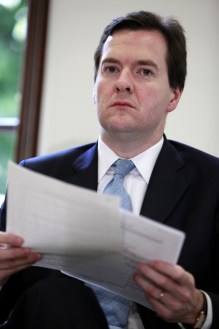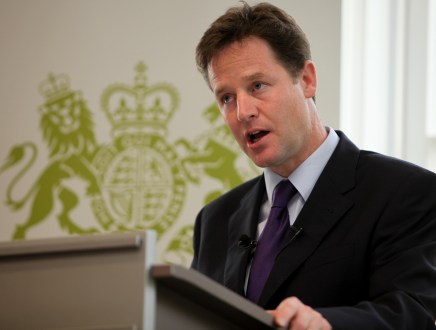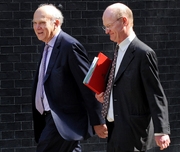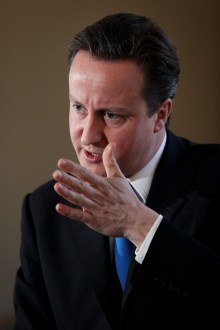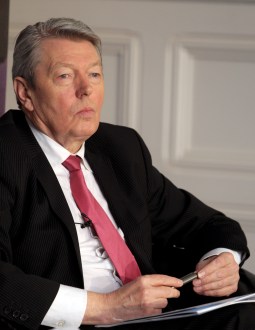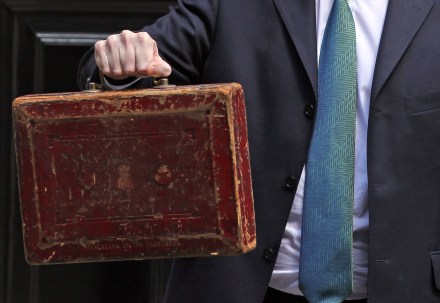The coalition’s choice over Winter Fuel Allowance
The Winter Fuel Allowance has tapdanced back onto the political landscape today, and it’s all thanks to some insightful work by the FT’s Alex Barker. He had an article in this morning’s pink ‘un which suggested that IDS is lobbying to have it, and and some other “middle-class benefits”, trimmed to help pay for his benefit reforms. And he’s followed that up with a blog-post explaining how even an apparent “cut” in the allowance may not result in savings for the Treasury or the DWP. Strange but true, as they say. This could be a delicate situation for the coalition. In the background to it all is David Cameron’s pre-election
